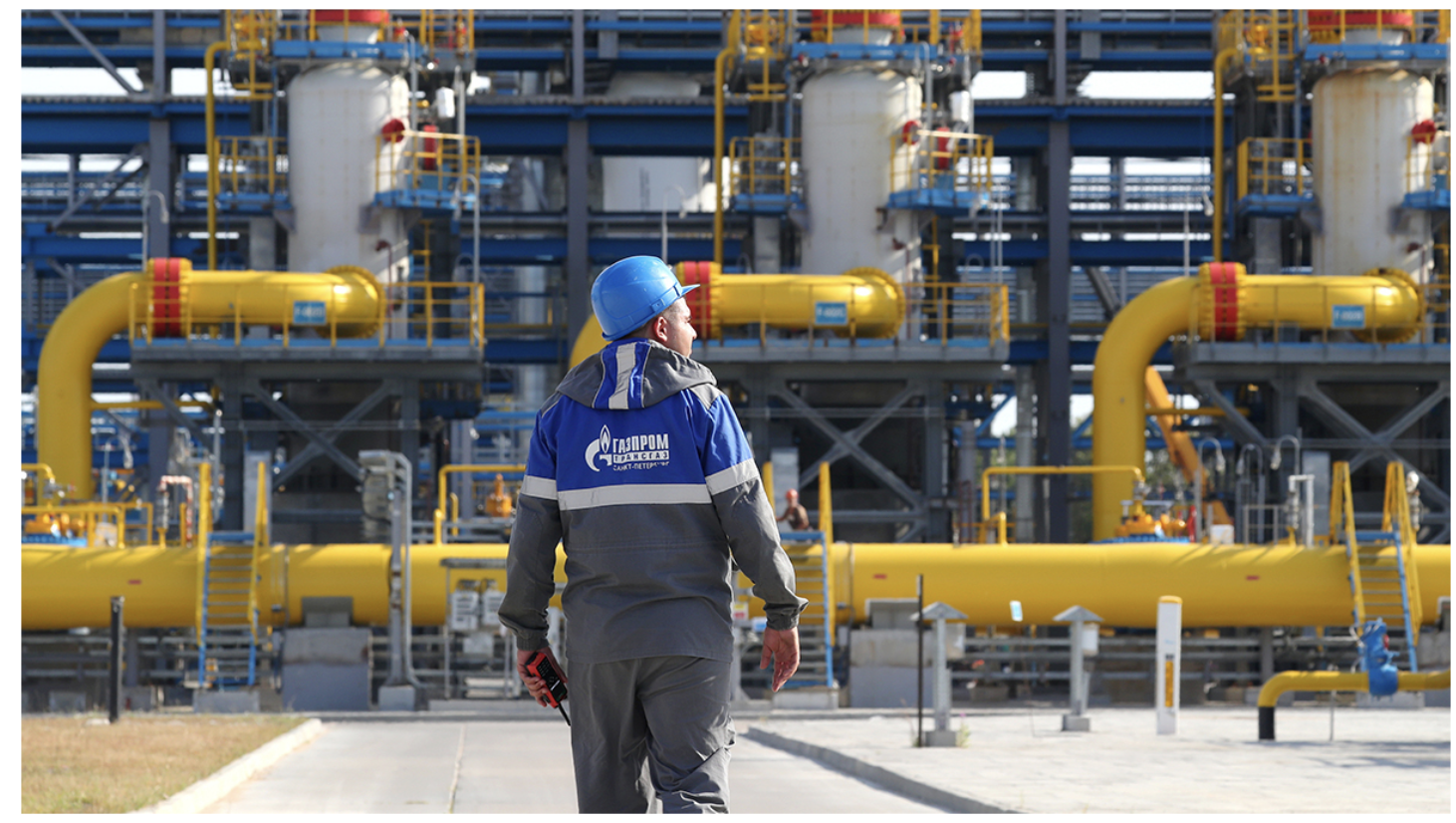December 8th, 2022 marks one year since Olaf Scholz replaced Angala Merkel, who served as German Chancellor for 16 years. Scholz’s government is called a "traffic light coalition" of red, green, and yellow from the symbolic colors of the Social Democratic Party (SDP), the Green Party, and the Free Democratic Party (FDP). As a chancellor of the first three-party coalition government since the formation of the federal government, Scholz has faced a variety of foreign policy challenges, most notably a war in Russia and its impact on the supply chain for Germany.
Supply Chain Distortion from the War in Ukraine
On February 27th, 2022, Scholz gave a speech to condemn Russia for its invasion and that it marks a turning point (Zeitenwende) in European history. The German Chancellor revealed plans for a radical change in Germany’s traditional Russia policy (ostpolitik), including an increase in defense spending. Scholz’s speech depicted his strong leadership and was endorsed by many international politicians as well as the leader of opposition parties.
For decades, Berlin’s strategy toward Russia and China had been “Wandel durch Handel,” or change through trade. German politicians believed that increasing trade with authoritarian regimes would lead to political change. Many scholars, such as political scientist David Held, would agree that democracy is the best form of government and that there is a powerful connection between economic openness and civil freedom. Berlin believed that an intertwined economy would prevent Moscow from taking hostile policies that would risk the economic relations. However, there is very little evidence to show that economic ties with Russia led to a political change in Moscow. Close economic relations only led to Germany becoming more dependent on trade with Russia.
In 2021, Russia accounted for 55% of Germany's gas imports. However, as a result of economic sanctions on Russia, this level had declined to 27% by the end of June 2022 due to significantly reduced flows via the Nord Stream 1 pipeline. The lack of Russian gas, on top of the economic fallout from the pandemic and a decade of cheap money, poses serious problems for Germany’s economy and society as the country is heading towards a recession. The economy was projected to grow by 1.8% in 2022 and decline by 0.3% in 2023 according to the OECD report. The lesson learned from Russia has also motivated Scholz to step further away from China.
Supply Chain Resiliency: Away from China
The German Chancellor visited China to meet with President Xi Jinping and Premier Li Keqiang on November 4th. It was the first visit to China by a leader from a G7 member country since the outbreak of COVID-19 two years ago. The main question of the meeting was how to strengthen economic ties with China while maintaining supply chain resiliency. China has been Germany's most important trading partner in the world since 2016. According to the Federal Statistical Office, Germany's trade value with China in 2021 (total of exports and imports) will be 246.5 billion euros. Germany's imports from China have increased by about 80% over the past decade, and its exports to China by about 60%.
Germany’s largest sector of the economy, the auto industry, is becoming more dependent on China. Almost one in three cars produced by German automakers are sold in China. It is no exaggeration to say that the automobile industry, one of the most important manufacturing industries in Germany, cannot exist without China. Chancellor Scholz's recent words and actions support his “economy first” policy, which resonates with his predecessor Angela Merkel. Just before his visit to China, Chancellor Scholz contributed an article to the German conservative daily Frankfurter Allgemeine (FAZ), dismissing the notion of “decoupling” from China and instead talking about eliminating “risky dependencies.” His foreign policy goal is not to repeat the mistake of dependence as with Russia.
Germany's foreign ministry is currently formulating a new China strategy document, which it plans to publish in about a year. The document stipulates that German businesses increase their supply chain resiliency to prepare for an emergency situation like a Chinese invasion in Taiwan, which would cause the EU to impose economic sanctions on China. Germany has faced criticism for its strategically disastrous dependence on Russian gas after the war in Ukraine. Therefore, Scholz is encouraging businesses to reduce risky dependencies in industry, particularly in terms of cutting-edge technologies.
To this day, German investment and trade with Russia and China has not opened up the political system of authoritarian regimes. Putin’s invasion of Ukraine and increasing Chinese negligence of international laws shattered the “Wandel durch Handel” illusion. Scholz is leading Germany to a more friend-shoring supply chain with allies and is moving away from a dependency on authoritarian regimes like China and Russia.








.svg)